5 Ways to Invest in Real Estate with No Money

1. Partner with Investors
Partnering with investors is one of the most effective ways to get into real estate when you don’t have the capital. Many people have funds but lack the time or expertise to find and manage properties. That’s where you come in! Offer your skills, such as market research, property management, or deal negotiation, in exchange for a share of the profits. This is a win-win situation—you do the work, and they provide the money. Networking events, online forums, and real estate meetups are great places to find potential investors. Building trust and showing your value is key to making this partnership work.

2. Leverage Creative Financing
Creative financing is an excellent option if you want to avoid traditional bank loans or large down payments. Seller financing, for example, allows you to pay the property owner directly over time, cutting out the need for a bank. Lease-to-own agreements are another option, where you can live in the property and gradually pay toward ownership. You can even negotiate a deal where a portion of your rent goes toward the purchase price. These strategies are great for people with limited savings but a strong desire to invest. The key is to find motivated sellers who are open to flexible arrangements.
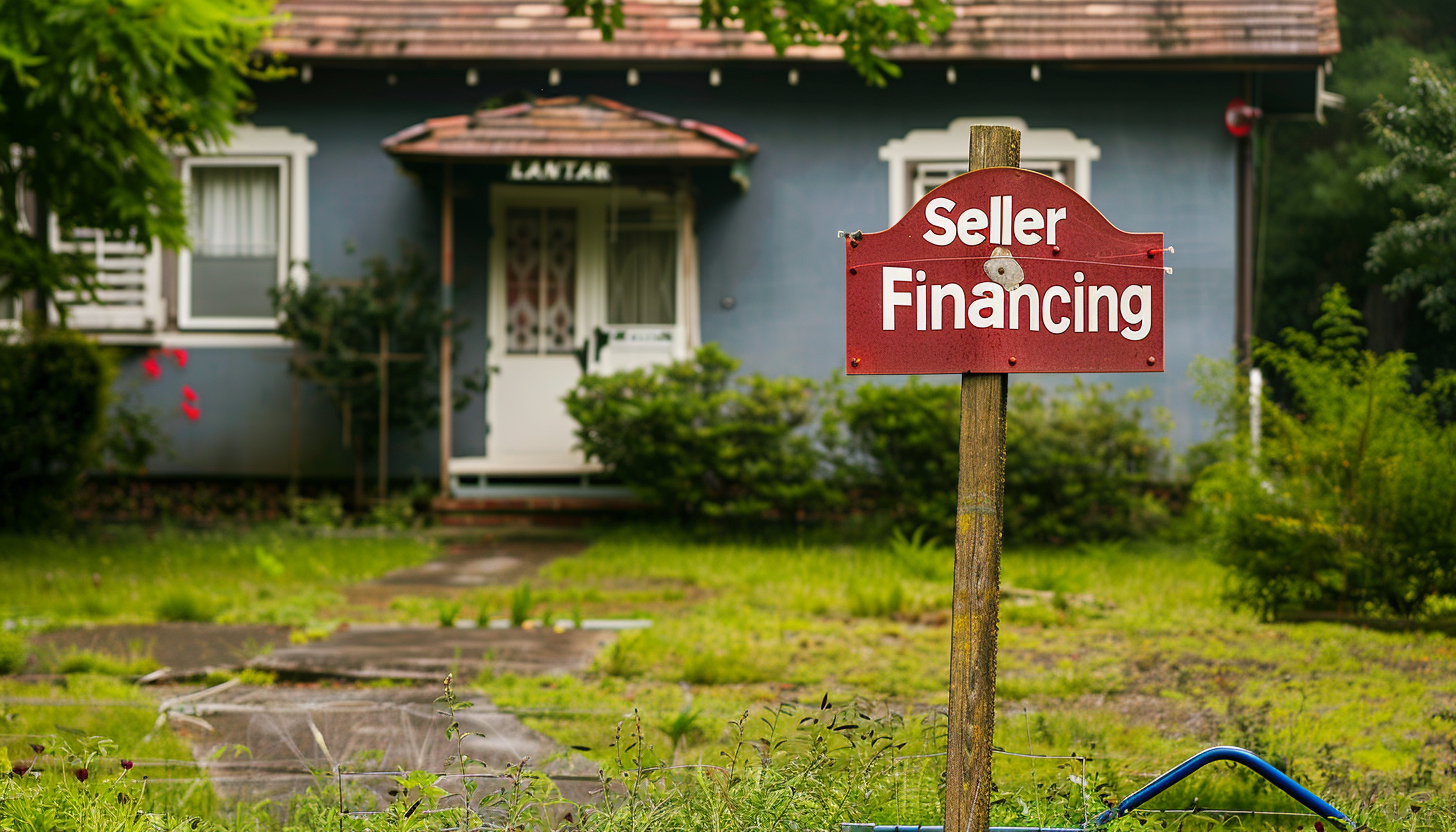
3. Try House Hacking
House hacking is a popular strategy for new investors, and for good reason—it allows you to live for free while building equity. The idea is simple: purchase a property with multiple units, such as a duplex, triplex, or even a single-family home with a legal basement suite. You live in one unit and rent out the others. The rental income helps cover your mortgage payments, utilities, and even property taxes. Over time, you can use the equity you build to invest in additional properties. It’s one of the smartest ways to get started with no extra money out of pocket!

4. Use Private Lenders or Hard Money Loans
If traditional banks won’t lend to you, consider private lenders or hard money loans. Private lenders are individuals who lend money based on the value of the property, not your income or credit score. Hard money loans are short-term loans often used for fix-and-flip projects, with higher interest rates but quicker approvals. While these options can be expensive, they’re ideal for short-term real estate deals with high-profit potential. Just ensure that the deal you’re working on has enough upside to cover the higher costs of borrowing. This approach is particularly useful for investors with strong plans but limited cash.

5. Get Into Wholesaling
Wholesaling is a real estate strategy that requires zero money to start. It involves finding undervalued properties, negotiating a contract with the seller, and then assigning the contract to another buyer for a fee. You don’t need to own the property or secure financing. Instead, you act as the middleman, profiting from your ability to find and negotiate good deals. The key to success in wholesaling is building a network of motivated sellers and buyers. With effort and a little hustle, this strategy can generate significant income with minimal risk.

Conclusion
As you can see, you don’t need to be wealthy to invest in real estate—you just need creativity, strategy, and the willingness to take action. Whether you choose to partner with investors, explore creative financing, house hack your way to equity, work with private lenders, or try wholesaling, there’s a method for every situation. Start small, be resourceful, and watch your real estate portfolio grow. If you want to dive deeper into these strategies, be sure to check out our other resources. Real estate investing is within your reach, even with no money!
Categories
Recent Posts
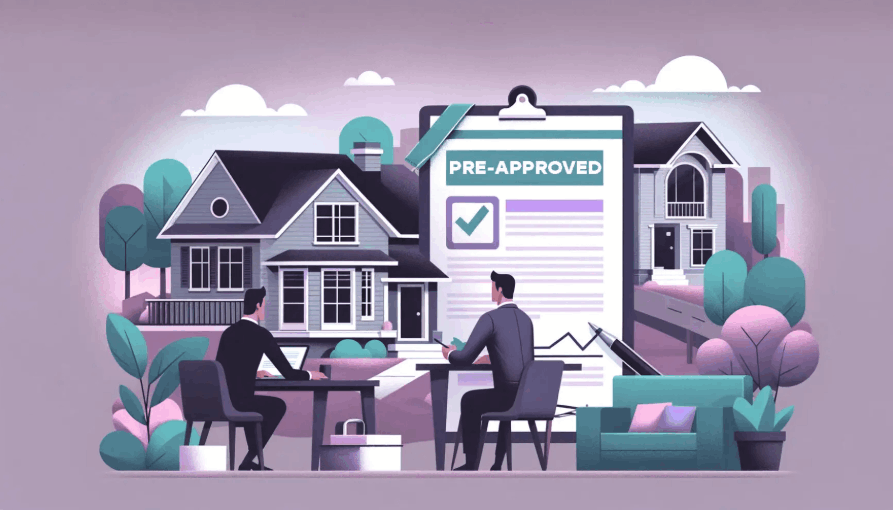


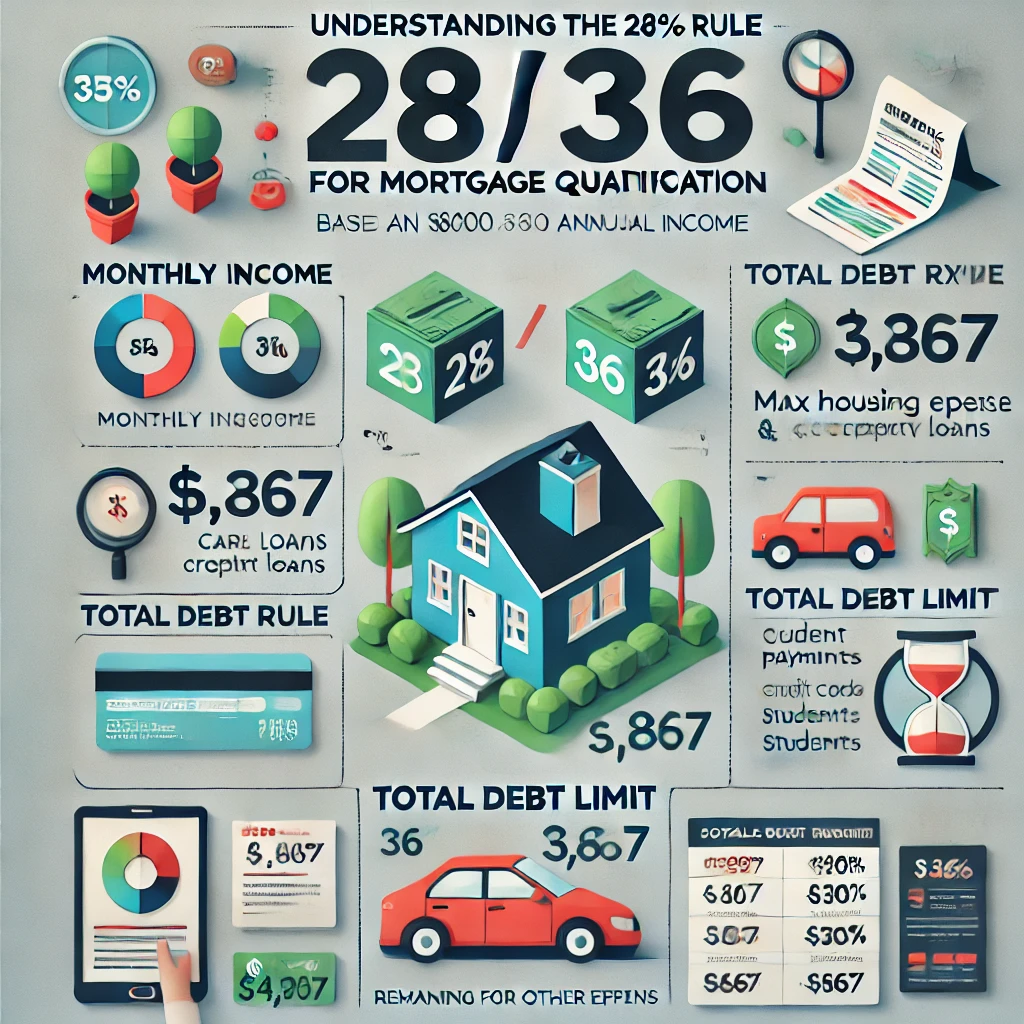

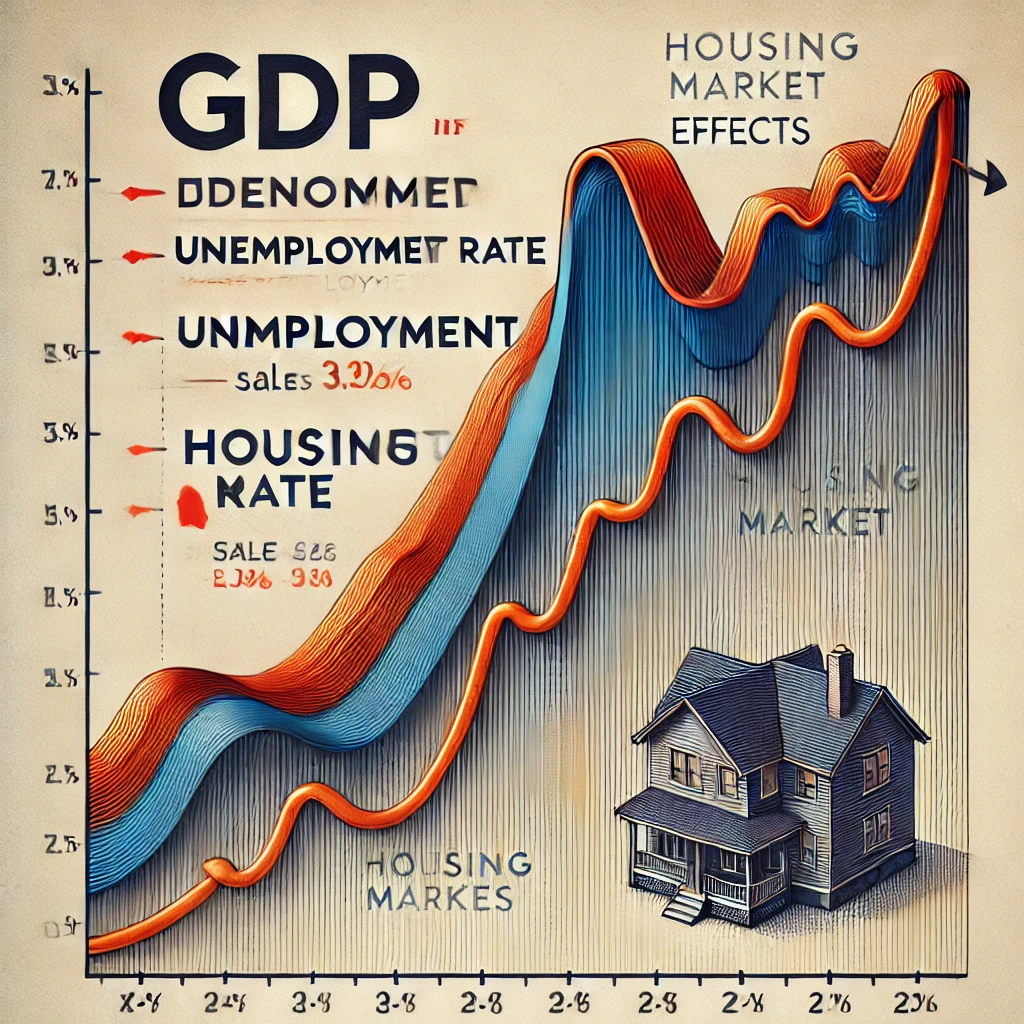
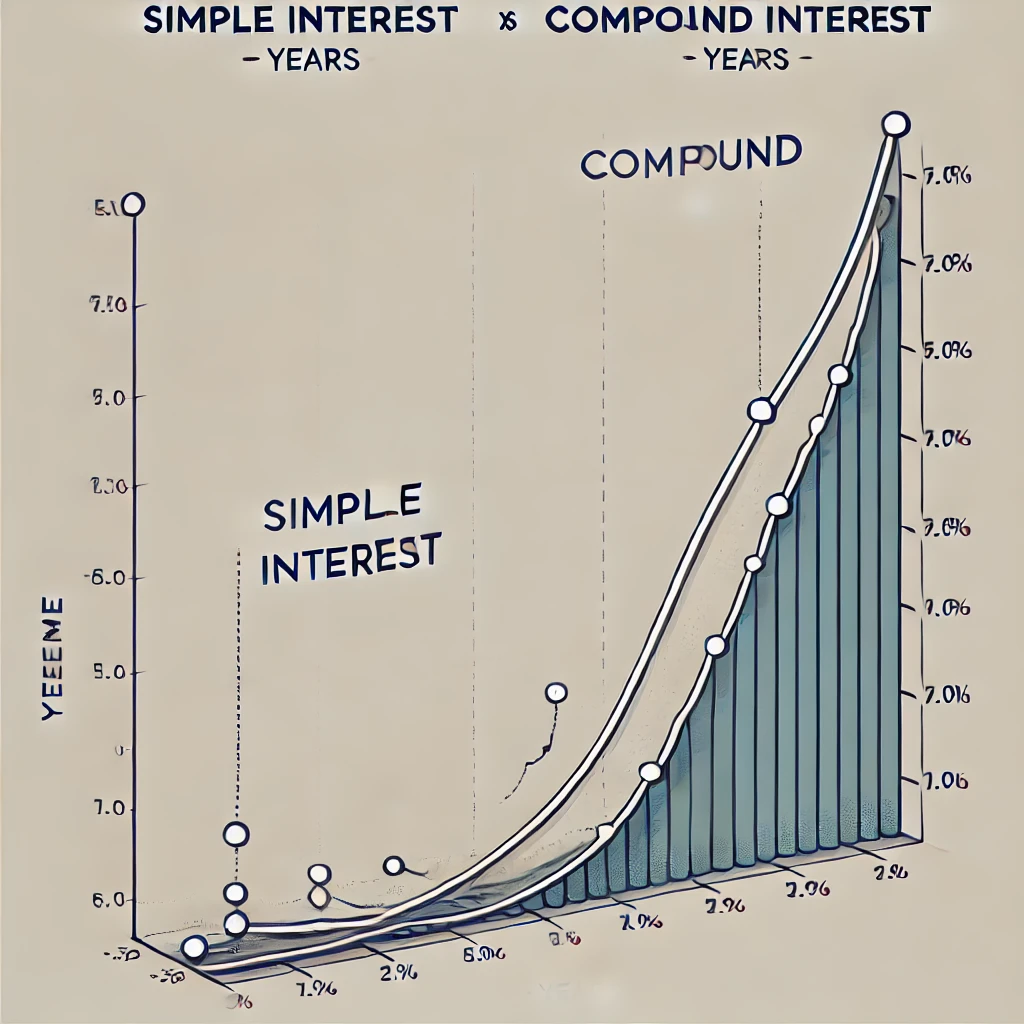



"My job is to find and attract mastery-based agents to the office, protect the culture, and make sure everyone is happy! "
